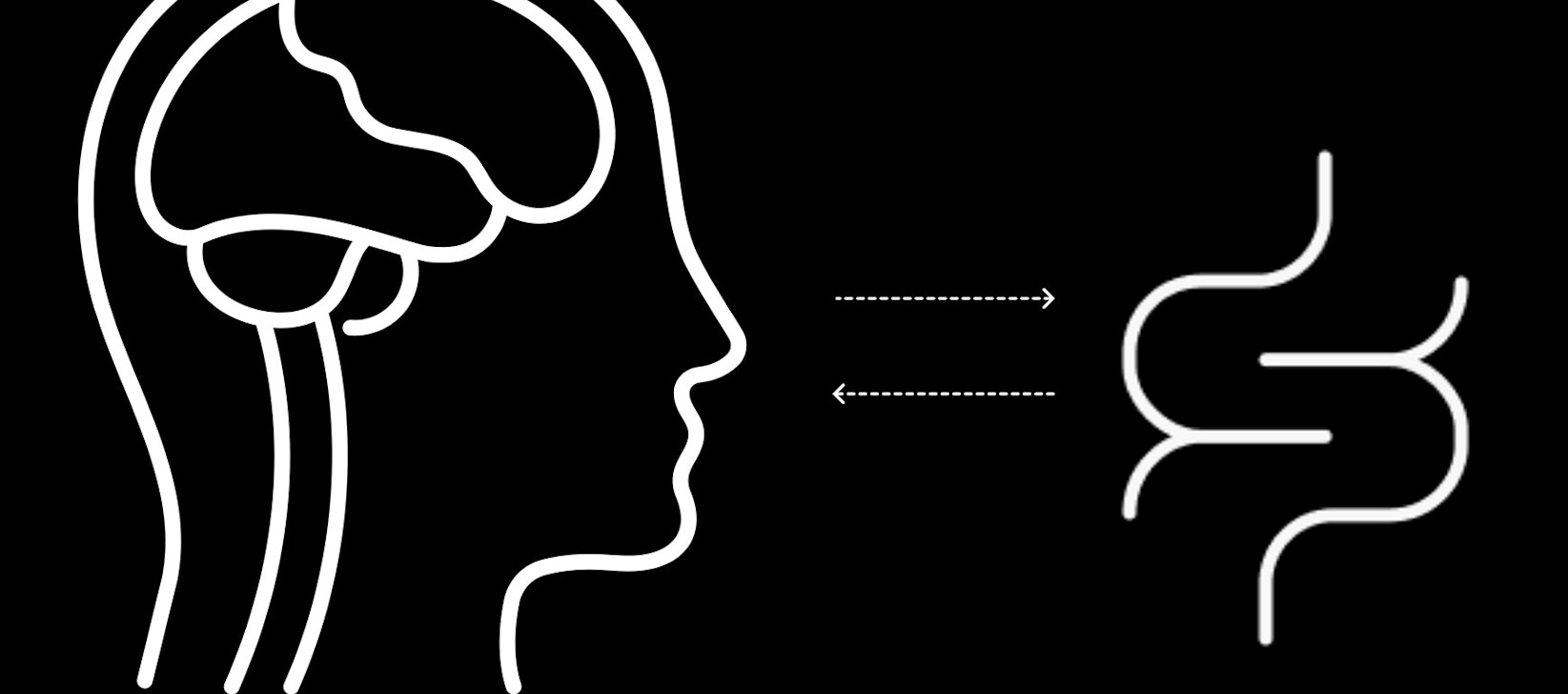A Dynamic Communication Channel
The gut-brain axis refers to the bidirectional communication pathway between the central nervous system (CNS), which comprises the brain and spinal cord, and the enteric nervous system (ENS), located within the gastrointestinal tract. This intricate network enables constant communication between the gut and the brain through a variety of mechanisms, including neural pathways, biochemical signalling, and the gut microbiota.
Unravelling the Gut-Brain Axis
The gut-brain axis has emerged as a fascinating and crucial area of biological study. This intricate communication network between our gut and brain holds the key to understanding not only our physical health but also our mental well-being. Over the years, scientists have delved into this complex relationship, shedding light on the influence of gut microbiota, neurotransmitters, immune responses, and their implications for mental health.
At the core of the gut-brain axis lies the gut microbiota, a vast and diverse community of microorganisms inhabiting our digestive system. These microorganisms actively produce an array of compounds, including GABA, and your happy hormones; serotonin and dopamine. The gut microbiota not only aids in digestion and nutrient absorption but also actively influences our brain function and behaviour. Recent research has unveiled the impact of gut microbes on neurotransmitter production, inflammation regulation, and even mood.
Neurotransmitters and Your Mood
The gut-brain axis is intimately linked with our emotional well-being. One of the key mechanisms behind this connection involves the production and regulation of neurotransmitters, such as serotonin and dopamine, which are essential for a positive outlook and mood. Up to 95% of these neurotransmitters are produced in the gut, highlighting the crucial role the gut-brain axis has in emotional balance and mental health.
Inflammation and Your Immune System
Another important aspect of the gut-brain axis is its impact on the immune system and inflammation. Emerging evidence suggests that imbalances in the gut microbiota can lead to increased intestinal permeability, allowing harmful substances to leak into the bloodstream. This triggers an immune response, causing chronic low-grade inflammation, which has been associated with the majority of mental health conditions such as depression, anxiety, and even neurodegenerative disorders like Alzheimer’s and Parkinson’s.
The Exciting Future of Gut-Brain Research
Understanding the intricacies of the gut-brain axis provides a promising avenue for therapeutic solutions. Balancing the gut microbiota through targeted interventions, such as probiotics and prebiotics offers an opportunity to restore microbial balance and support mental health symptoms.
Furthermore, research shows that lifestyle modifications, including dietary adjustments, regular exercise, and stress management, can positively influence the gut-brain axis by nurturing a healthy microbiota and in-turn mitigating the risk of mental health issues. By embracing the research and recognising the mind body connection, the future of how we tackle anxiety and depression will begin to follow a whole-body holistic approach.
The Good Gut

If you are looking to start your gut health journey, you need Good Gut. It’s our proprietary blend of probiotics, prebiotics, digestive enzymes and plant extracts that act as your everyday essential for gut microbiota balance and digestive support.







